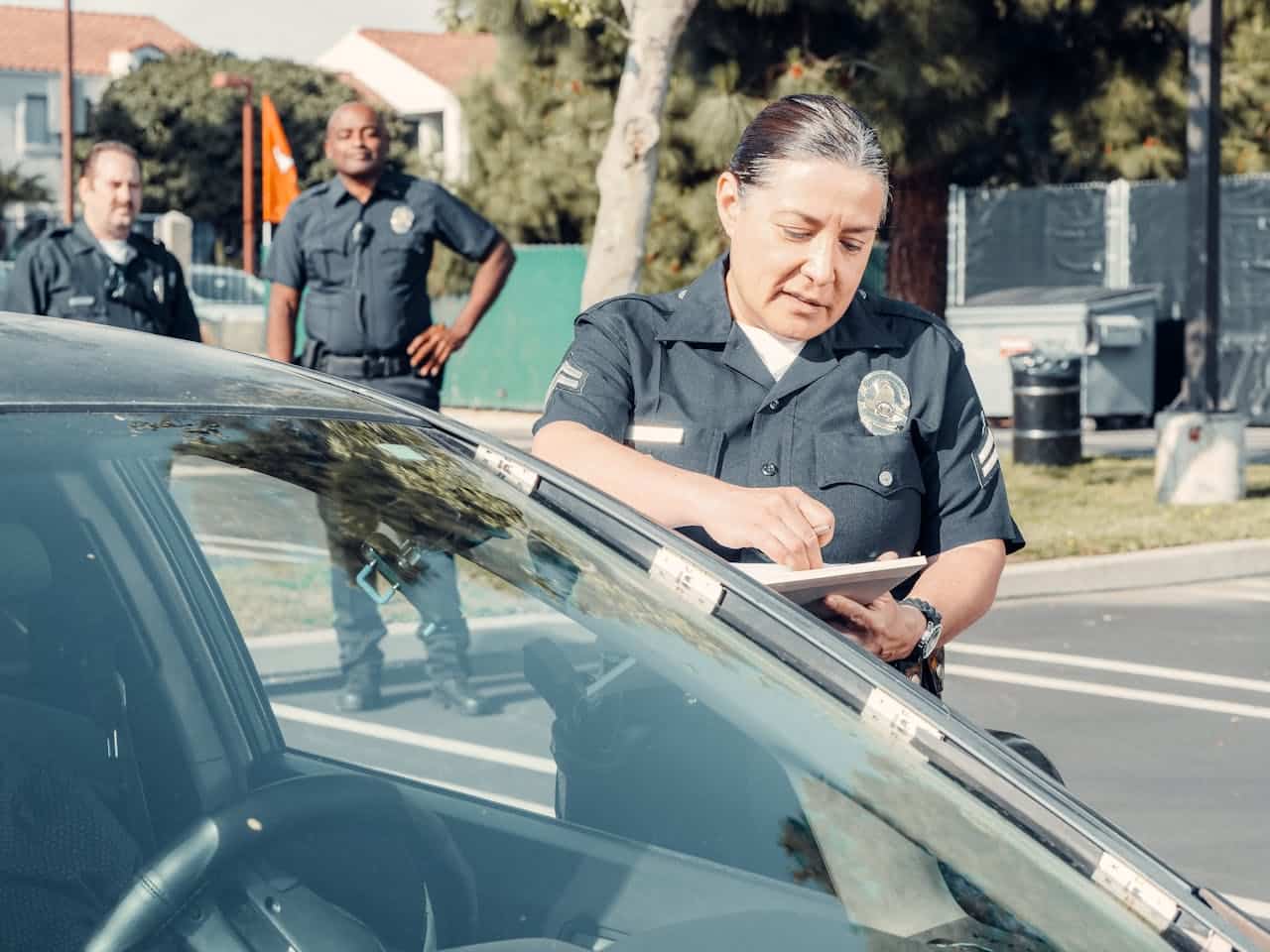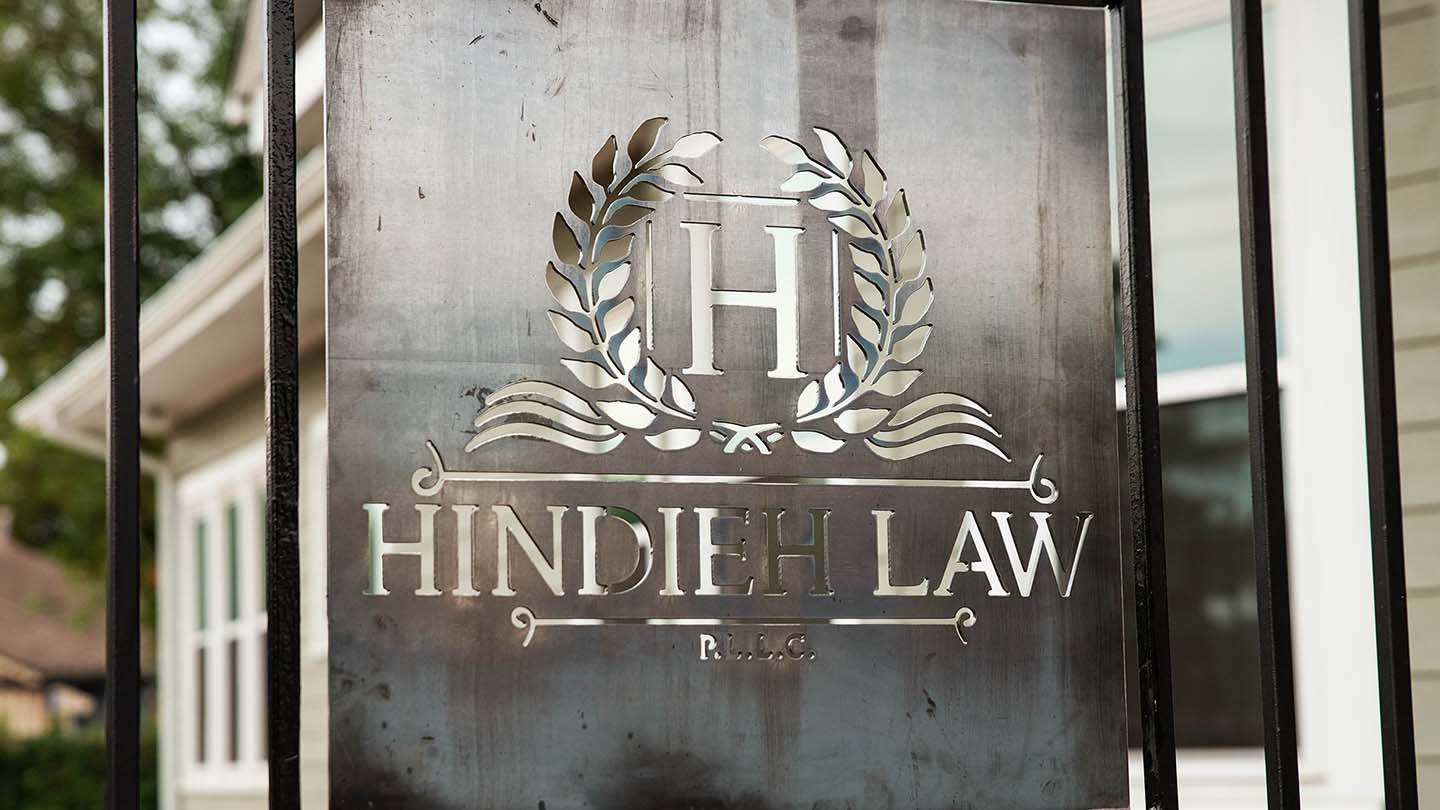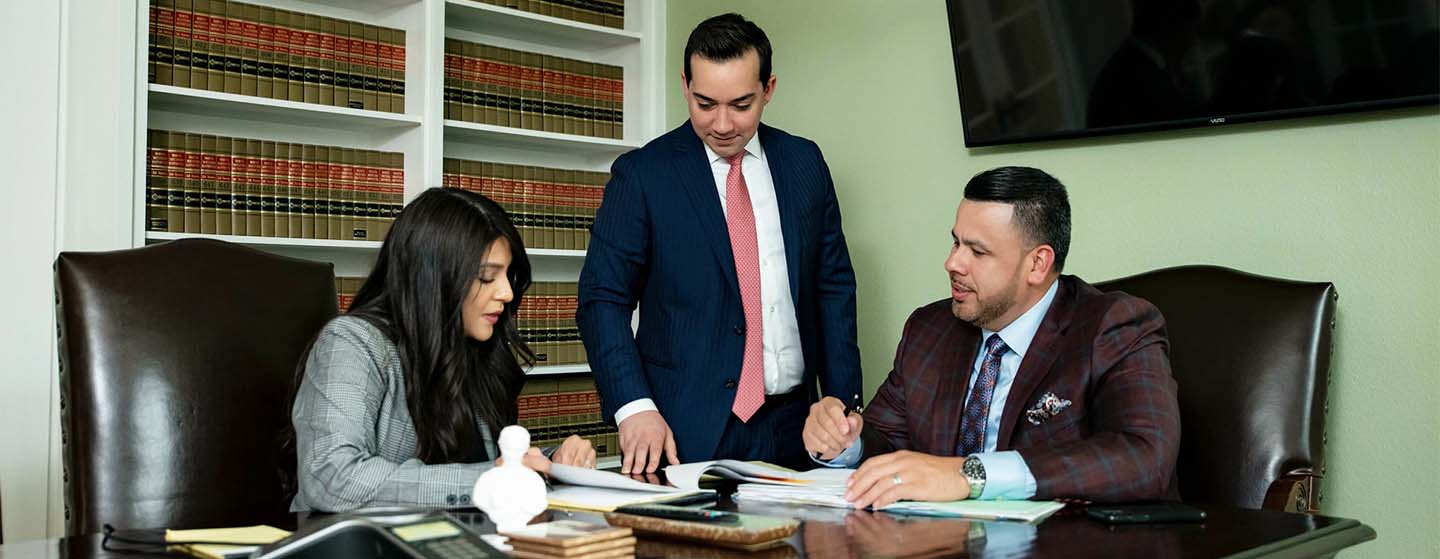September in Texas is not the same as elsewhere in the country. Some refer to it as “hotumn” instead of autumn. Still, we Texans like to delude ourselves that it’s time to break out the scarves and pumpkin spice lattes. Speaking of fall, I once had a case that made me FALL into my brief 15 minutes of fame. I was a prosecutor at the time, not a criminal defense attorney. It was back in 2013, and at that time I was still serving as an Assistant District Attorney for the Dallas County District Attorney’s Office. It was the first case I handled that wound up on TV.
Back in 2013, I was the chief prosecutor of a misdemeanor court. We had an unlawful restraint case set for trial. Section 23.02 of the Texas Penal Code defines unlawful restraint as an offense if one “intentionally or knowingly restrains another person.” The conduct becomes more serious and is classified in Section 23.03 as “Kidnapping” if the person is abducted. Abduction is defined under the code in several ways, but in Texas it is presumed abduction under the law if a motor vehicle is used when the person’s liberty is restrained.
Now, just because a certain course of conduct has occurred doesn’t mean the police or the DA’s office is going to identify and prosecute the crime in the correct way. In the case I tried, a young and beautiful girl had been snatched out of a club by her much older and jealous boyfriend. He forced her into a car with her friends and told the driver to take off. The young woman screamed and clawed at the boyfriend and the other occupants. She had been abused by the defendant before and truly believed he was going to kill her that night. At one point, she scratched his face and was able to unlock the car door and fall out of the car while it was stopped at a red light. She ran to a waffle house that was nearby and the employees of the waffle house locked the doors and called 911.
The boyfriend was arrested but even though he had “abducted” the young girl by using a motor vehicle, someone in the intake division of the DA’s office had screwed up (a common occurrence) and charged the defendant with unlawful restraint, as opposed to kidnapping. Because the defendant was in custody and unable to bond out due to his “ICE” hold (a hold that an illegal alien receives when arrested for a criminal charge – making them unable to bond out of jail unless there are special circumstances), the case had been prioritized and there was no time to refile the case as a felony kidnapping. It had to proceed as a misdemeanor unlawful restraint case. The case was set for trial and on the morning of trial, I picked the jury to try the case. It was only after the jury was selected that the defense attorney (not a particularly well dressed or honest one) disclosed to me that the case had been depicted prominently on the TV show “Dallas Policewomen.” The detective on my case had been a primary character in the show, which was a reality police TV show. After he mentioned that the case was displayed on the show, he told the judge that there must be more evidence and footage of the case in Hollywood, with the producers of the show, that had not been turned over to the defense.
Now that’s not how the laws concerning Brady evidence worked at that time. Not even close. The prosecution only has to hand over evidence that is within the government’s possession. This does not include video footage that is within the possession of a Hollywood producer. But the defense attorney didn’t understand that. Unfortunately, neither did the judge (another common occurrence). The judge gave me 24 hours to get the rest of the footage or she would start excluding evidence. I walked back into my office, angry at the ruling and upset that I would likely have to dismiss the case or, at least, try the case with a lot less evidence. I took a chance at calling the producer in Hollywood to try to get the footage. His secretary picked and I said “this is Assistant District Attorney Ray Hindieh, calling from the Dallas DA’s Office, may I please speak to” so and so. She put me right through. The producer picked up and told me how much he appreciated Dallas law enforcement and asked what he could do to help me. I told him what was going on, and not only did he remember the episode well, he told me he could overnight all the footage he had in his possession to me so that it could be at my office at 8AM, the next morning, before trial restarted.
I showed up the next morning with the tapes, and the defense attorney said he didn’t need to see them (after all that!?). I tried the case and won it. The defendant was convicted, sent to county jail, and then deported back to his country of origin. Okay, so I wasn’t exactly depicted on the show, but I still consider it my 15 minutes of almost fame. Those trials as a prosecutor have turned me into the defense attorney I am today. If you have been charged with unlawful restraint or kidnapping, I’m sure your story is very different, but we would like to hear it and to see how we can best help you. Call Hindieh Law today.






